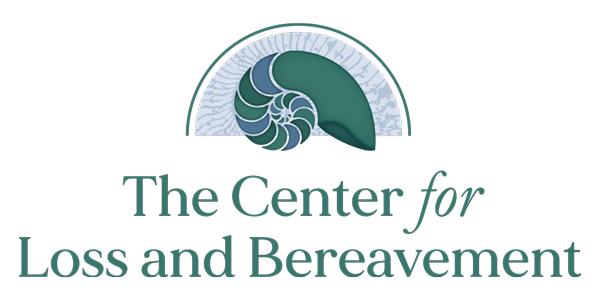I recently listened to one of the podcasts by Anderson Cooper, entitled “All There Is” in which he interviews several people regarding the subject of grief, which Andrew has embarked upon to help him mourn the death of his mother. This particular podcast was an interview with Laurie Anderson, 75, who is grieving the death of her partner and husband of 21 years, rock ‘n roll artist Lou Reed. Lou died roughly 10 years ago of liver disease.
Laurie is also a prolific artist in many mediums including music composer, violinist, lyricist, storyteller, and script writer for movies. She speaks with poignance and spirituality, at times bordering on “woo woo” and other times common sense practicality.
Laurie and Anderson broach the topic of the universal dilemma faced by grievers relating to the question of what to do with the belongings of the deceased. Laurie advises that in her experience there are no “hard and fast” rules regarding this, and that it is wise to respect and honor one’s feelings throughout the process, and certainly to pace oneself without timelines. She and Anderson agree that these belongings are infused with memories and represent the unique identity of the deceased, therefore elicit powerful emotions. They both have retained the most personal and meaningful items as keepsakes and have experienced joy in giving away some of the belongings to “give them new life” and make somebody else happy.
Anderson and Laurie spoke about a movie script she wrote in 2015 regarding the death of Lou as well as her dog, entitled “Heart of a Dog”. In the movie she expresses the notion “the purpose of death is the release of love”. Initially, I was aghast and confused by this statement, based upon my own personal experiences of love for my parents intensifying upon their deaths, which generally mirrors the narratives of my clients. After listening multiple times and copious contemplation, however, I think I have come to grasp what she means. With the words, “release of love” I believe she means that death entails releasing guilt, regrets, and worries for and about the deceased. When grievers are consumed or wallowing in their own guilt regarding perceived transgressions toward the deceased, they are not fully honoring and grieving the person. Her words encourage us to consider that by releasing guilt, regrets, and worries we experience a sense of freedom to authentically grieve the personhood and relationship that we so cherished. This “release” is easier said than done and can be supported by the guidance of a grief counselor.
Near the end of the podcast Laurie tells a powerful story of a childhood memory when she was eight years old and babysitting her younger twin brothers. She was pushing them across a frozen lake in a stroller when the ice broke, immersing the twins underwater. She successfully was able to extricate them and save their lives. Her immediate thought was the horror of having to admit what happened to her mother, whom she imagined would explode into a rage. She was astonished when her mother’s response was to commend her for her swimming prowess and ability to maintain composure in such a dire scenario. Laurie experienced her mother’s reaction as a validating and life-changing moment for her. She poignantly spoke of the power of simple kindness to make a major difference in someone’s life.
This podcast is 41 minutes long. If you, like me, have a philosophical or spiritual inclination, you may find this podcast to be inspirational and provocative. Give it a try!
The link is:
https://podcasts.apple.com/us/podcast/laurie-anderson-the-release-of-love/id1643163707?i=1000583129735

